Every day, millions of people across the United States rely on long-term services and supports (LTSS) to lead full and independent lives. These supports—ranging from in-home caregiving and personal attendant services to assistive technology and transportation—are not about comfort or convenience. They are about dignity, inclusion, access, and human rights.
Conversations about LTSS often focus narrowly on aging, yet more than half of Medicaid LTSS users are under the age of 65 and live with disabilities. This includes children with developmental disabilities, adults with spinal cord injuries, working professionals managing chronic conditions, and countless others navigating systems not built with them in mind.
As demand for LTSS grows, people with disabilities must be at the center of every conversation—across funding, program design, delivery, and reform—to build a system that is equitable, inclusive, and sustainable. [continue reading…]


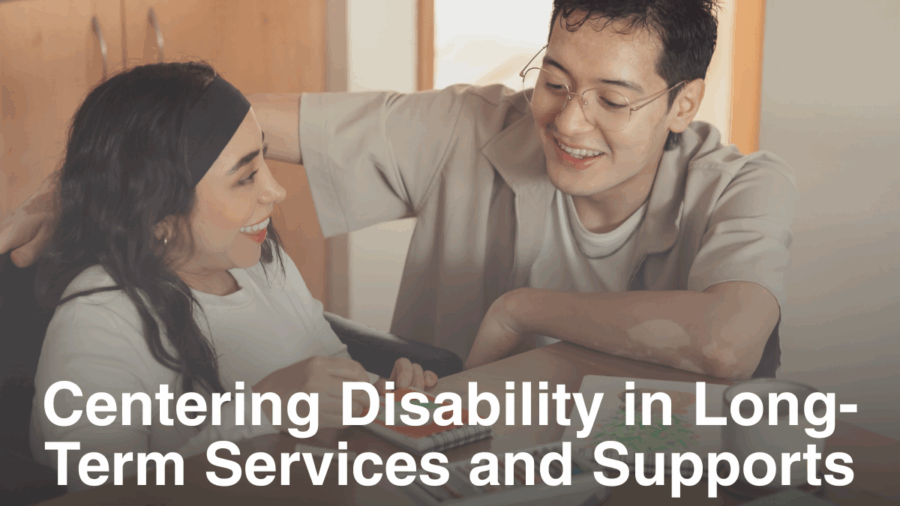
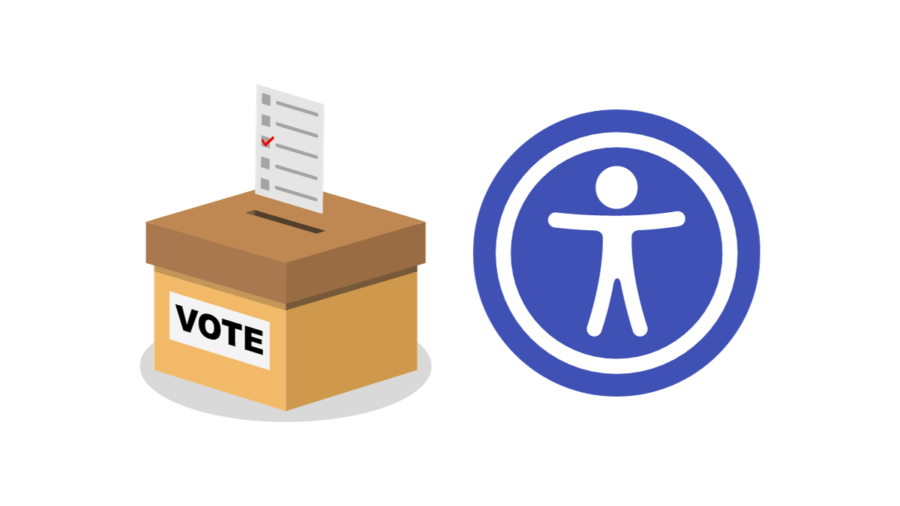
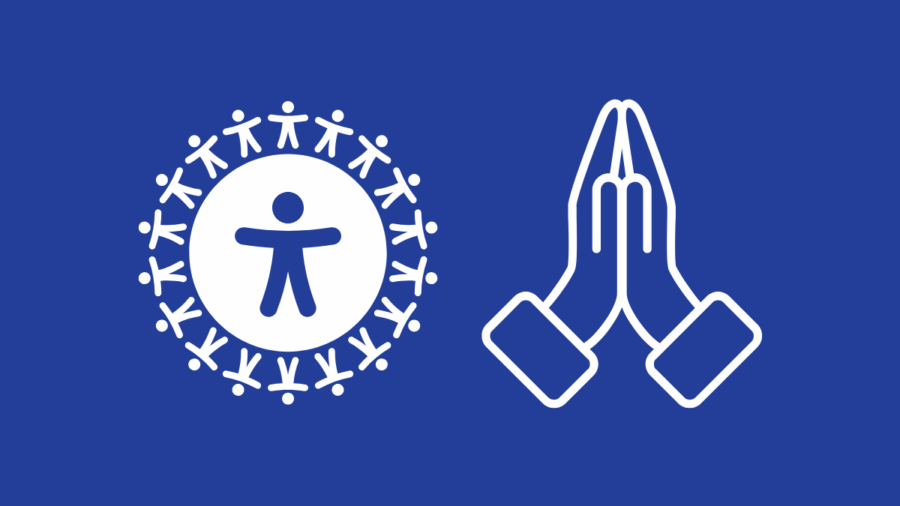
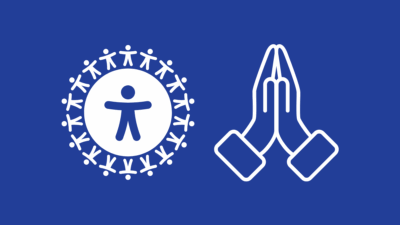 Community and belonging are central to many faith and spiritual traditions. Yet, people with disabilities face many barriers to access and inclusion. Addressing these barriers acts as a catalyst not just for participation, but for true belonging. Shifting the conversation from “can people with disabilities attend our worship services?” to “who is missing from our gatherings, and what would it take to make everyone feel seen, heard, and valued here?” demonstrates how accessibility can move beyond welcoming to create genuine belonging.
Community and belonging are central to many faith and spiritual traditions. Yet, people with disabilities face many barriers to access and inclusion. Addressing these barriers acts as a catalyst not just for participation, but for true belonging. Shifting the conversation from “can people with disabilities attend our worship services?” to “who is missing from our gatherings, and what would it take to make everyone feel seen, heard, and valued here?” demonstrates how accessibility can move beyond welcoming to create genuine belonging.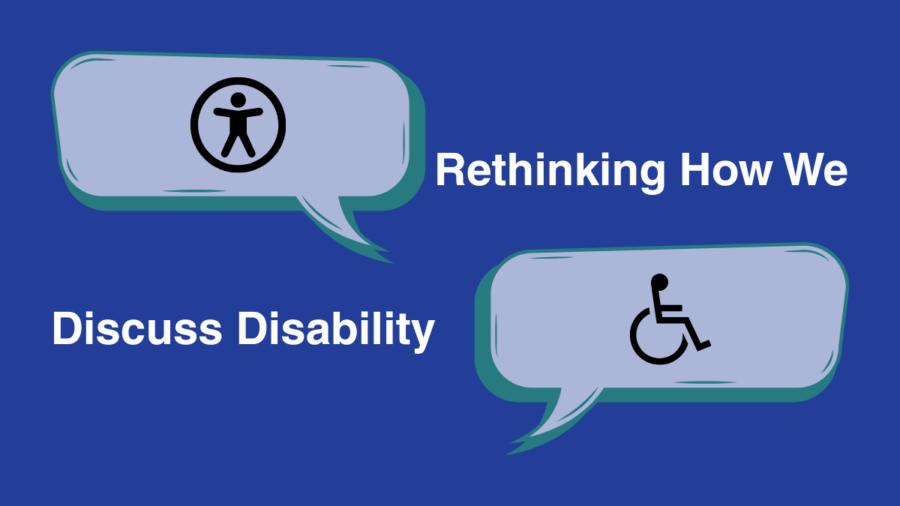
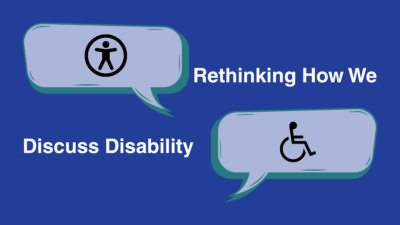 Language has the power to shape how we see each other. The words we use to talk about disability influence how people feel, how they are treated, and how fully they are included in our communities.
Language has the power to shape how we see each other. The words we use to talk about disability influence how people feel, how they are treated, and how fully they are included in our communities.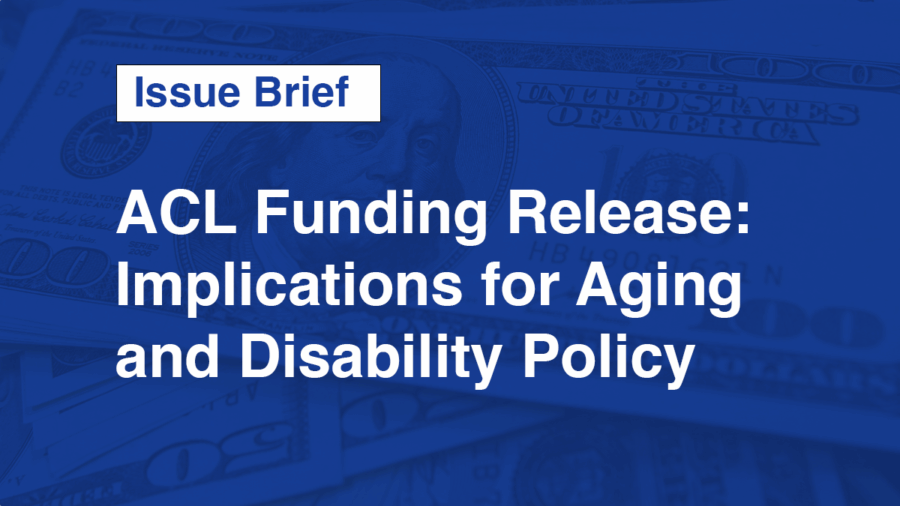
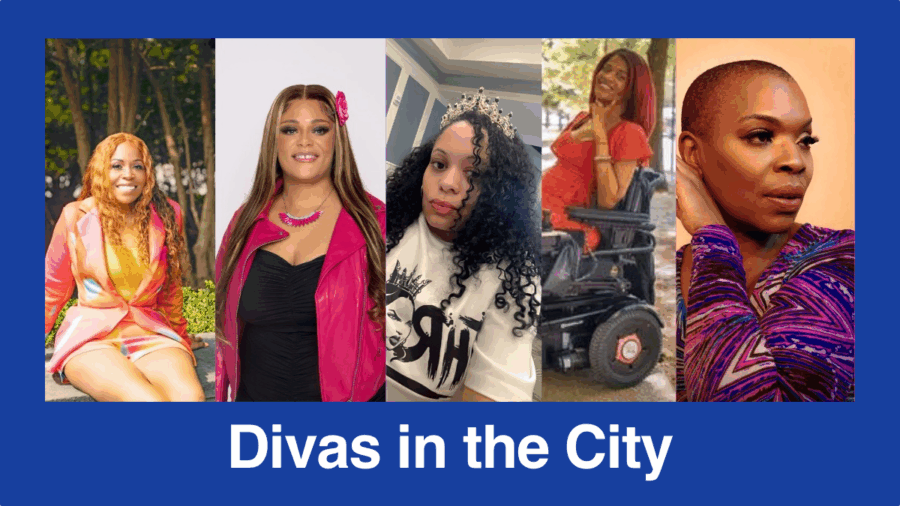
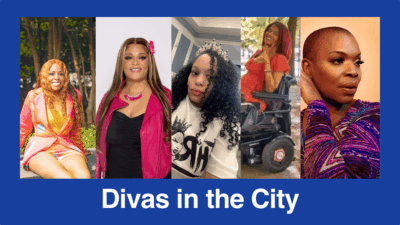 The new unscripted digital series Divas in the City follows five disabled Black women whose tenacity and creativity make them bosses in their respective cities. Professional and playful, serious and sassy, these women with physical disabilities are trendsetters in fields ranging from fashion to the arts to the nonprofit sector.
The new unscripted digital series Divas in the City follows five disabled Black women whose tenacity and creativity make them bosses in their respective cities. Professional and playful, serious and sassy, these women with physical disabilities are trendsetters in fields ranging from fashion to the arts to the nonprofit sector.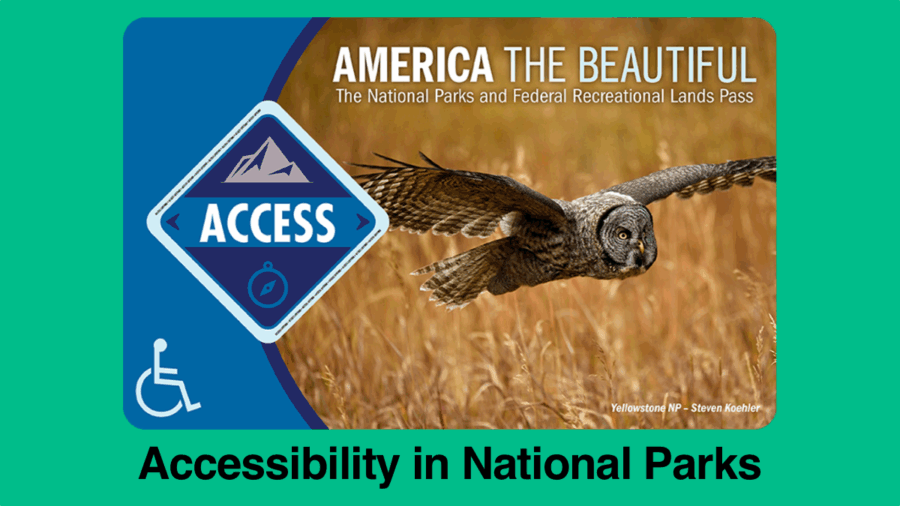
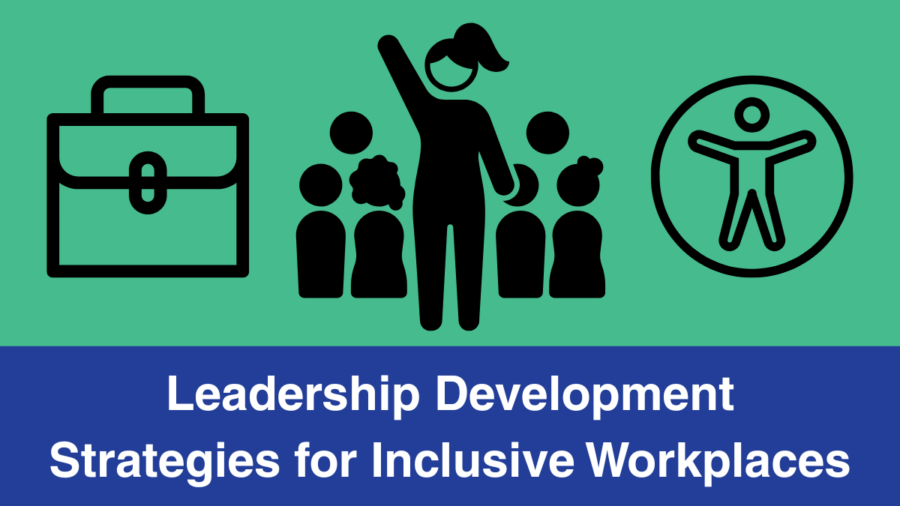
 Leadership development is a critical component of every workforce. For both employers and individuals, leadership development that addresses the fundamentals as well as principles of accessibility, equity, and inclusivity are ideal.
Leadership development is a critical component of every workforce. For both employers and individuals, leadership development that addresses the fundamentals as well as principles of accessibility, equity, and inclusivity are ideal.
 Welcoming disabled individuals into leadership brings fresh perspectives, challenges stereotypes, and deepens the sense of belonging for all. When leadership is truly inclusive, faith communities become more compassionate, equitable, and reflective of the diverse people they serve.
Welcoming disabled individuals into leadership brings fresh perspectives, challenges stereotypes, and deepens the sense of belonging for all. When leadership is truly inclusive, faith communities become more compassionate, equitable, and reflective of the diverse people they serve.
 As we begin the spring season, we recognize several important religious observances happening across different faiths. Embracing and accommodating these events within our faith communities fosters inclusivity and respect for all traditions. It’s essential that we create spaces where everyone, regardless of ability, can fully engage in these celebrations.
As we begin the spring season, we recognize several important religious observances happening across different faiths. Embracing and accommodating these events within our faith communities fosters inclusivity and respect for all traditions. It’s essential that we create spaces where everyone, regardless of ability, can fully engage in these celebrations. 


